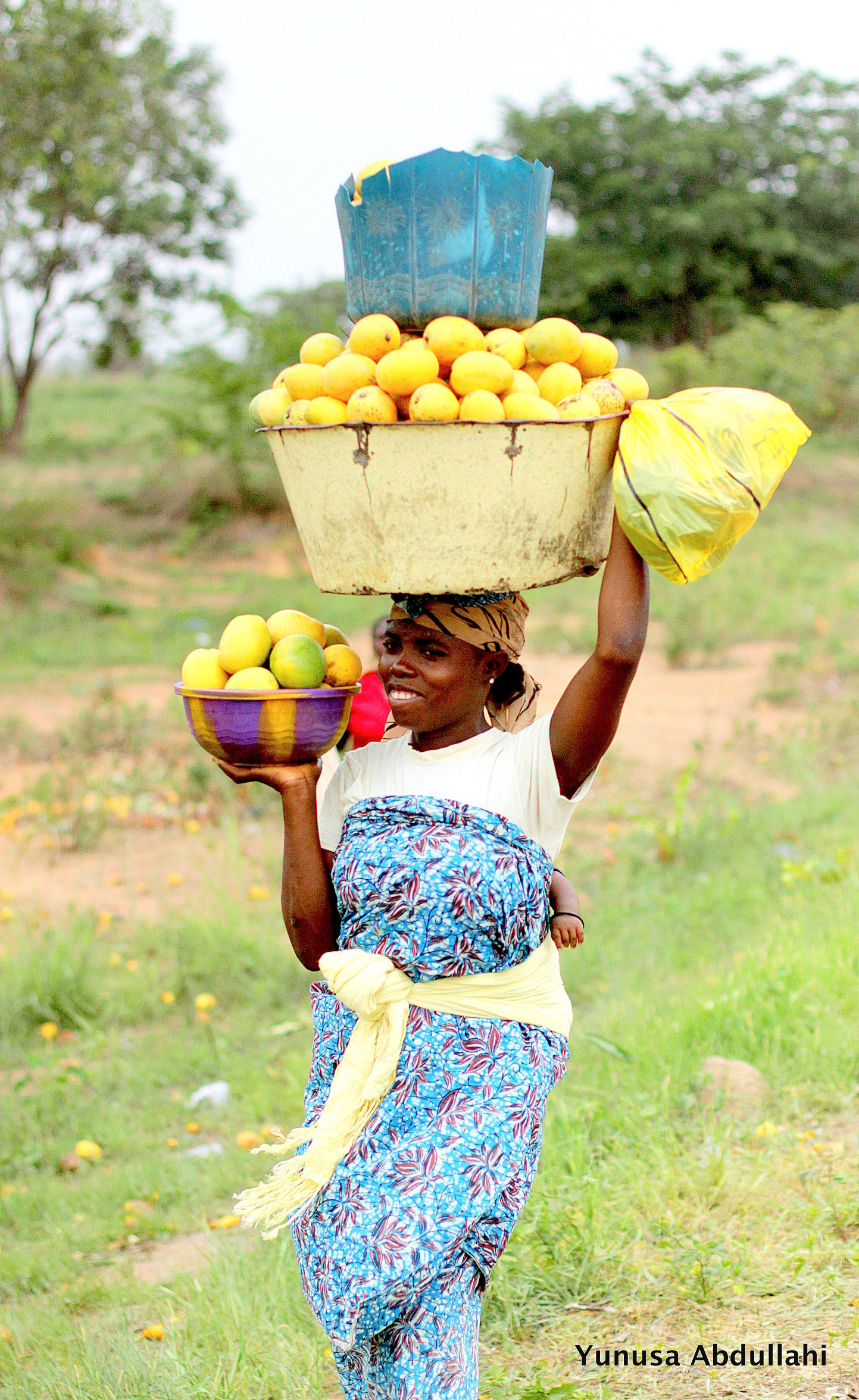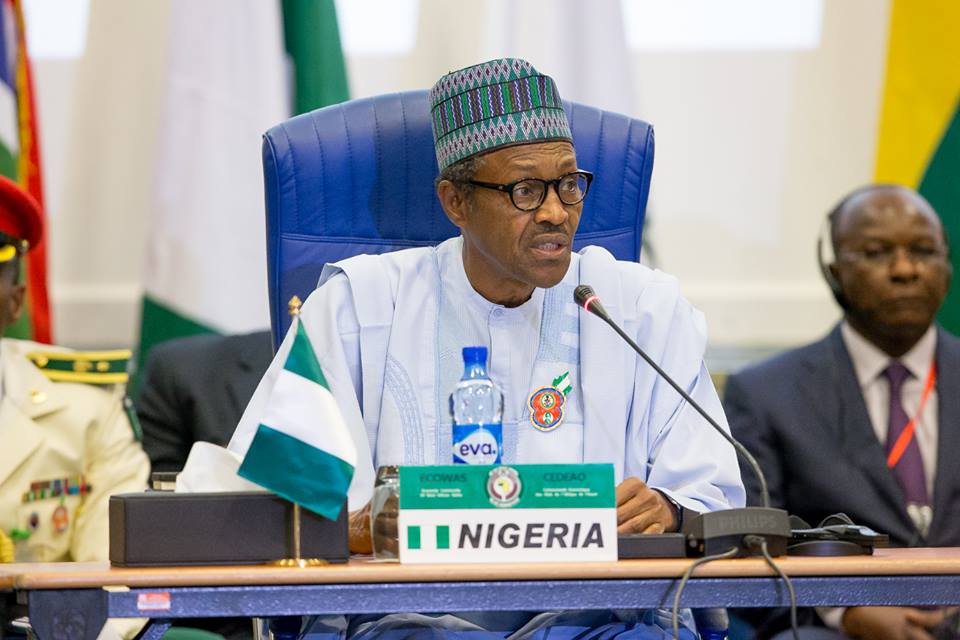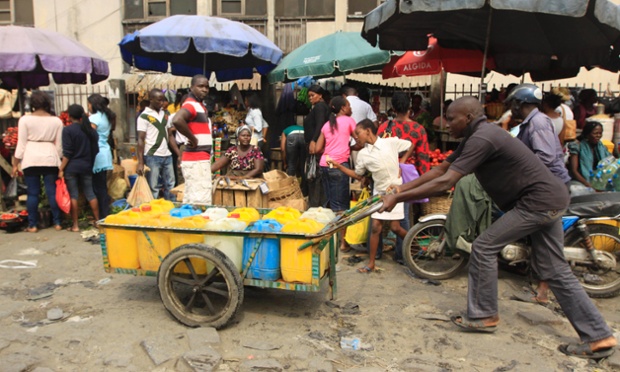The United Nations Development Programme (UNDP) says women empowerment is key to transforming agriculture in Africa as well as achieving food security.
Ojijo Odhiambo, the UNDPA economic advisor, said this to NAN in Abuja on Tuesday, emphasizing that side-lining women in Africa, costs the continent $95 billion every year.
He said that women were majority of farmers in the continent.
Odhiambo, however, said women were not fairly remunerated in terms of the reward for the labour they put in agriculture.
Advertisement
According to him, empowering women will have multiplier effect in other sectors of the economy.
Odhiambo said that the UNDP recently launched a report on the cost of not investing in women and how much it means to the continent.
He said that the report – 2016 Africa Human Development Report (AfHDR) on Accelerating Gender Equality and Women’s Empowerment in Africa – stated the implication to the economy.
Advertisement
“Gender inequality costs sub-Saharan Africa about US95 billion dollars a year and hampers the continent’s efforts for inclusive human development and economic growth,” Odhiambo said.
“This report highlights that there is a huge cost to African countries by not investing sufficiently in women.
“It states that there is huge cost by not ensuring that women have access to land, credit, education, health services and that cost of lack of investment in women is so huge.
“If African countries invest in women, there will be multiplier effect; it has potential to benefit other sectors of the economy. This is what the UNDP is advocating for in the report.”
Advertisement
Odhiambo advised governments to change their orientation of seeing agriculture as a means of livelihood.
He said that the future of farming was not just a means of livelihood for smallholders’ farmers but making it a business sense.
“Farming is something that pays, farming is not just for food security; it is not just a means of livelihood but a strong business case for business,” he said.
“In Nigeria for example, UNDP is working with the federal government and other partners in two critical sub-sectors of the agricultural sector – cassava and rice.
Advertisement
“The idea is to bring producers together so that they can process some of the produces they make and access the market.
“This is what they call linking them to the national value chain, that means, as farmers grow more of this commodity, there will be demand for this commodity.
Advertisement
“Farmers can then grow more and earn more, they can address the issue of poverty and address the issue of inequality.”
The official also called on the private sector to support the government to achieve the goal of making agriculture a business, saying “government don’t have all the resources needed to invest in agriculture”.
Advertisement
He said that the private sector should invest in the establishing of small scale processing farms and ensuring that there is fair reward for the labour that farmers put in tilling the land.
Advertisement
Add a comment






